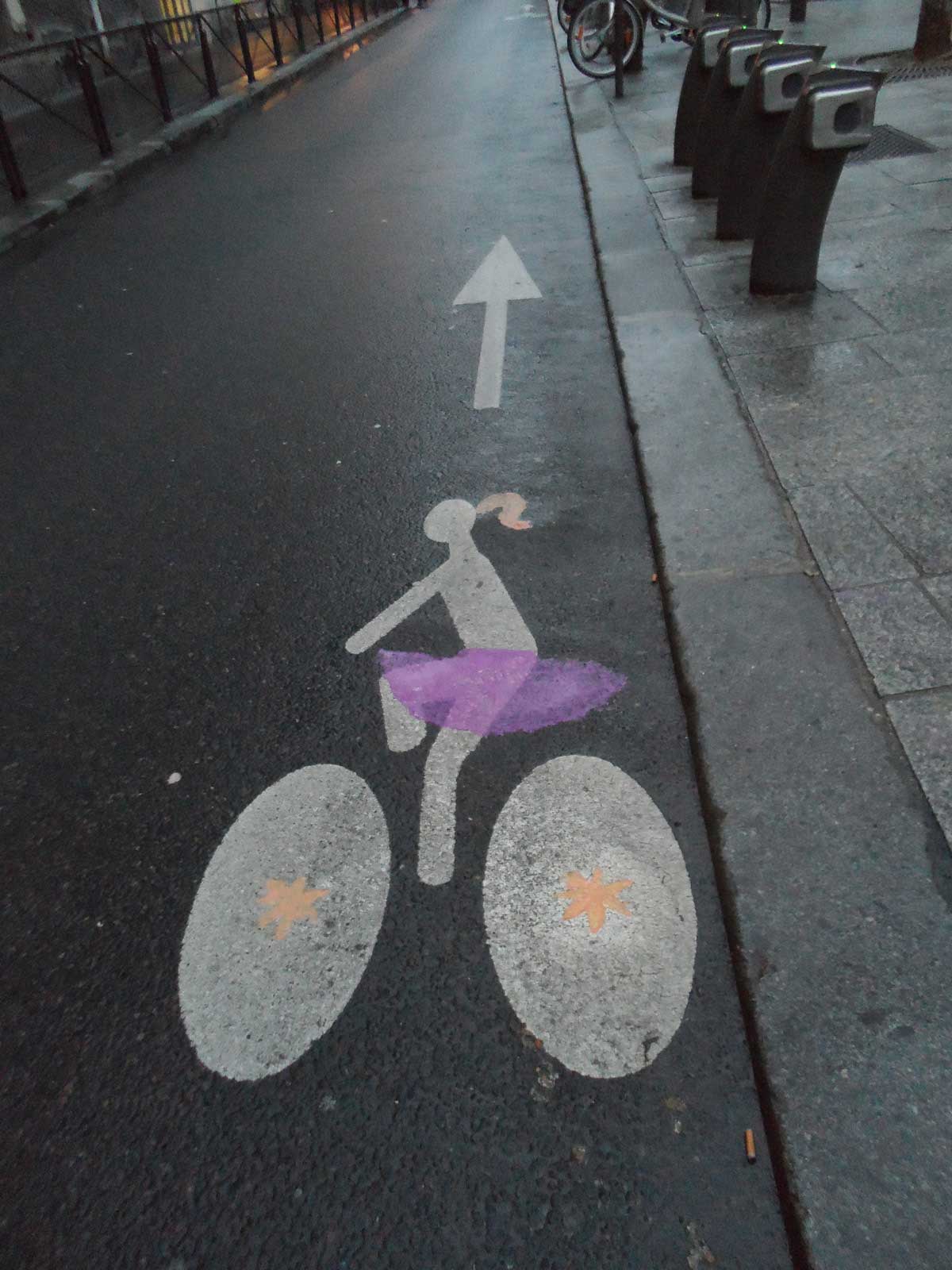Key projects
On this page you find a selection of our experience. For further information download the Infosheets, follow the links to specific publications, or contact us with your questions:

10. Gender Audit and Impact Assessment
The assessment of their impact on gender roles and gender equality is a prerequisite for any planning decision. There are different methods available, such as 4R, gender audit and the gender impact assessment method. Corrina has experience with using these instruments in different planning contexts. Also, we work on the broader application and improvement of the methods for spatial development and housing strategies.
9. Participatory Gender Walk
In feminist planning, a key issue is to take into account the needs and demands on spatial qualities and everyday infrastructures of the care-givers – predominantly women. The starting point is the model of “Caring and Sharing City”. This concept places care obligations of care-givers and care dependency of persons of different ages at the “heart” of planning. The spatio-temporal binding and flexibility depends on the type and extent of care work.
8. Gender aspects in housing innovation
7. The potential of Co-housing for local climate targets
In response to inaccessible housing markets or inadequate housing provision, Europa-wide civil initiatives are emerging, to create solutions not only for housing but also addressing Energy issues and the new ‚weconomy‘ of sharing and caring. We understand these initiatives as „niche innovators“ that enable us to rethink planning cultures, as well as rural Regional and urban development models.
6. Care-profiles and care-infrastructure
Operationalising care in spatial planning is an ongoing research, initiated in two co-funded research projects in Austria, which enabled us to develop concepts and methods to operationalize the digitally supported description of daily routines and different forms of care-work based on our experiences in spatial analysis and in co-planning.
5. Sustainable Smart Cities: all inclusive?
Pilot project (07-12/2022) with the team of the Central Women’s and Gender Equality Officer at the Berlin University of Applied Sciences (HTW). Knowledge transfer and impulses for the concrete implementation of gender aspects in the cluster’s research projects. funded by the Federal Ministry of Education and Research (BMB) in the programme “Geschlechteraspekte im Blick”.
4. DraussenDaheim
The quality of public space and its easy accessibility and simultaneous or staggered utilisation options for the diversity of a city’s residents and visitors is a key factor for attractiveness and gender equality in a ‘15-minute city’. In addition to recording the diversity of daily routines and space-time rhythms, the project aims to test digitally supported co-planning methods for these open spaces so that climate-friendly and safe mobility and open space use in the neighbourhood is possible for everyone.
3. SmartThroughGender+
Integration of Gender+ in digital urban planning tools and development of a tool set for Gender+-appropriate urban planning.Cooperation with Austrian Institute for Technology. The research project is 80% co-financed by the FEMtech programme ‘Talents’ with funds from the BMK (Ministry for Climate Protection, Environment, Energy, Mobility, Innovation & Technology).
2. Actionplan for Salzburg bareerfree city
ACTIONPLAN To implement the UN Convention on the Rights of Persons with Disabilities; participation in the definition of areas of life as fields of action and cross-cutting issues; conceptualisation, monitoring and documentation of the participation forums. Development of target formulations. Preparation of the results.
